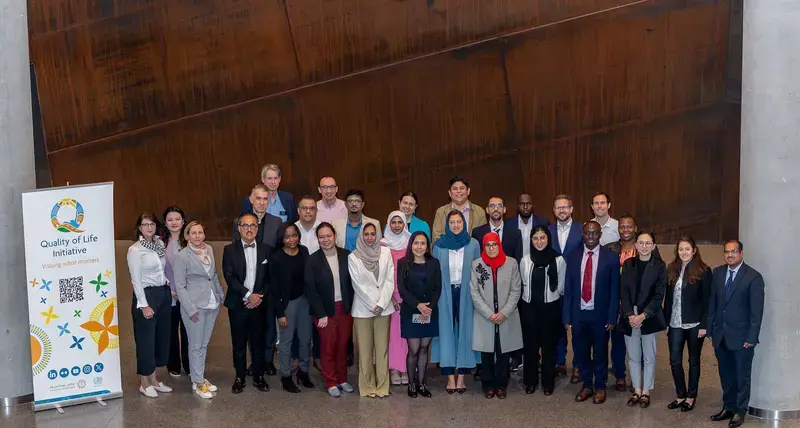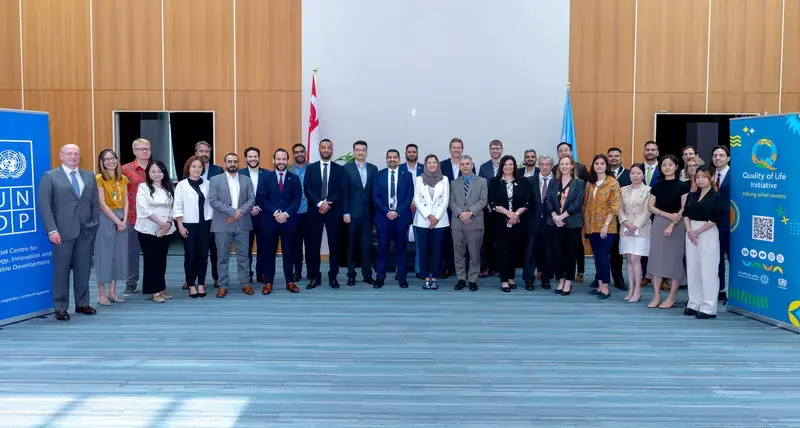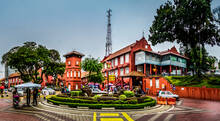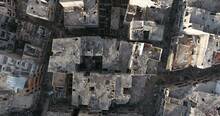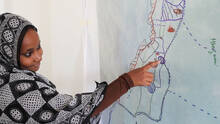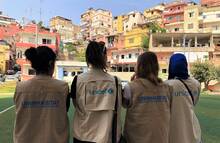What is Urban Resilience?
The measurable ability of any urban system, with its inhabitants, to maintain continuity through all shocks and stresses, while positively adapting and transforming toward sustainability.
Resilience is a catalyst for sustainable urban development. It ensures development gains are not lost when cities face shocks and urban residents can flourish in a safe environment while addressing major challenges such as climate change and rapid urbanisation.
The Challenge
A resilient city assesses, plans and acts to prepare for and respond to all hazards – sudden and slow-onset, expected and unexpected – especially those stemming from climate change.
Every year, an estimated 26 million people are pushed into poverty by natural disasters (World Bank) with the poorest worst affected. In many cities, resilience building is limited by a lack of capacity, limited engagement from stakeholders, no tools or guidance tailored to local contexts and a shortage of funding. UN-Habitat is addressing these key bottlenecks.
Donors and partners
Through collaborative groups like the Medellin Collaboration for Urban Resilience and the Global Alliance on Urban Crises, we forge partnerships with all the major actors working on urban resilience, including donors, local governments and their networks, humanitarian organizations, UN agencies and academia. We aim to bring more cohesion and understanding around urban resilience thinking, practice and needs through dialogue, partnerships and research.

